Researchers
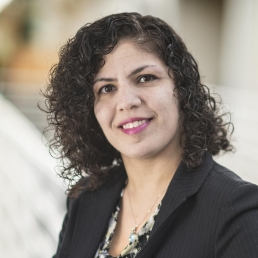
Shima Hamidi, PhD, MSc
Johns Hopkins University
Department of Environmental Health and Engineering
Dr. Hamidi is a transportation planner and smart growth advocate with expertise in measuring urban form and its quality of life impacts.
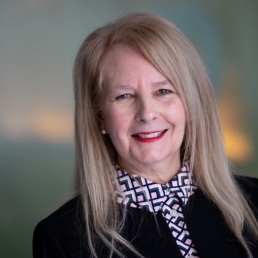
Marsha Wills-Karp, PhD
Chair, Department of Environmental Health and Engineering
Anna M. Baetjer Professorship in Environmental Health
Bloomberg Centennial Professor
Dr. Wills-Karp researches the environmental determinants of allergic and immune diseases across the lifespan.
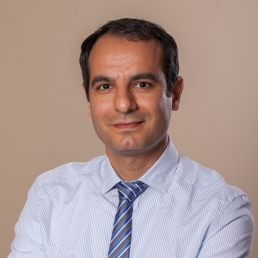
Ebrahim Azimi
Dr. Ebrahim Azimi is CST Associate Director and an Assistant Scientist at Johns Hopkins University Department of Health and Environmental Engineering. Ebrahim's research interests are applied econometrics and causal inference.
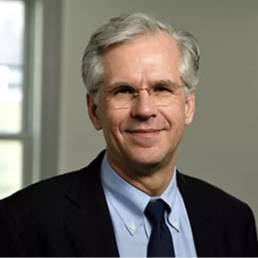
Jeffrey Michael, EdD
Johns Hopkins University
Dr. Michael conducts research on mobility services to develop policies for a safer transportation system that provides improved access to health determinants.
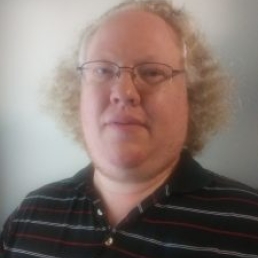
Christopher Dickerson, PhD
Diné College
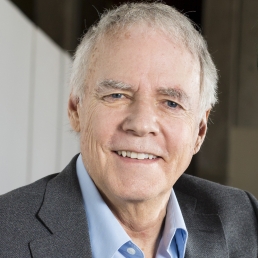
Reid Ewing, PhD, MCP
University of Utah
Dr. Ewing is a Distinguished Professor of City and Metropolitan Planning at the University of Utah, Distinguished Chair for Resilient Places, long-time associate editor of the Journal of the American Planning Association, an associate editor of Cities, and a former columnist for Planning magazine.
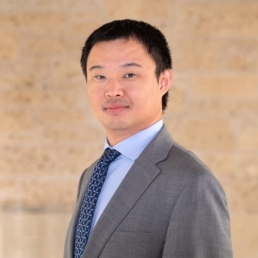
Junfeng Jiao, PhD
Community and Regional Planning Program, University of Texas at Austin
Dr. Jiao is the founding director of Urban Information Lab, director of Texas Smart Cities, and a founding member of UT Austin's Good Systems Grand Challenge. His research focuses on Smart Cities, Smart Transportation, Urban Informatics, and Ethical AI. He uses different information technologies to quantify urban infrastructures and their influences on people’s behaviors. He first coined the term "transit deserts" and measured it in all U.S. cities.
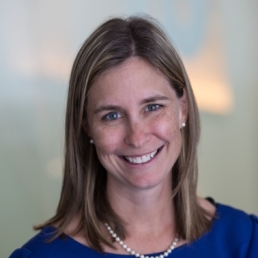
Megan Latshaw, PhD, MHS
Megan Latshaw translates environmental health science to policy and practice, with a focus on designing communities where the healthy choice is the easy choice.
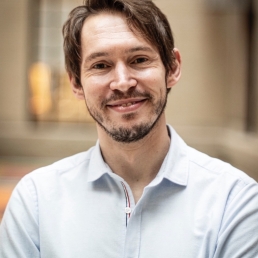
Simone Mora, PhD
Simone Mora is a Research Scientist at the Massachusetts Institute of Technology. He does research on novel sensing technologies and their applications for future sustainable cities. He develops methods and tools for rapid design and rapid prototyping of internet-connected sensors and human-computer interfaces. Dr. Mora holds a PhD degree in Computer Science from NTNU (Norway) and a MSc degree in Computer Engineering from UniBg (Italy). During his graduated studies, he has been a visiting scholar at City London University and MIT. In 2018 he co-founded a company that developed an ideation toolkit to tackle the UN's Sustainable Development Goals. Dr. Mora co-authored more than fifty publications in peer-reviewed international journals. He serves as guest editor for the MDPI Electronics journal and as a reviewer for the Association of Computing Machinery (ACM) and the Institute of Electrical and Electronics Engineers (IEEE).
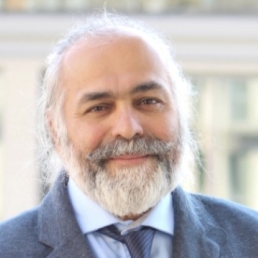
Dev Niyogi, PhD
The University of Texas Extreme weather and Urban Sustainability "TExUS" Lab. Research seeks to significantly contribute to our understanding of the Earth system, particularly the urban and agricultural landscapes, and the dynamic role of coupled land surface processes on regional hydroclimatic extremes. Translate the scientific work undertaken into decision tools and portals with a particular focus on sustainable climate-ready/resilient coastal, cities, and agricultural systems.
Dr. Niyogi has coauthored over 200 peer-reviewed papers for international journals, 18 book chapters, and over 150 conference proceedings or abstracts for professional conferences such as the AMS and AGU annual meetings. He has developed over 30 successful research projects, which have led to a total award of more than $100 million to Purdue ($ 6 million as an individual share) through grants. At Purdue, Dr. Niyogi received Purdue Seeds for Success award, Million Dollar research award, and the University Faculty Scholar recognition, the NSF CAREER award, the USDA NIFA Partnership Award, and has been part of the 2018 Indiana Governor Award for Environmental Excellence.
At University of Texas at Austin, Dr. Niyogi is also part of the Theme Organizing Committee of the Planet Texas 2050, and part of the Good Systems Smart City initiative.
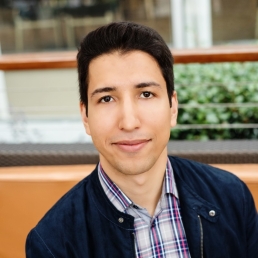
Sadegh (Sadi) Sabouri, PhD
MIT Senseable City Lab
Dr. Sadegh Sabouri is a Postdoctoral Researcher at the Senseable City Laboratory in the Urban Studies & Planning Department at the Massachusetts Institute of Technology. His research interests lie at the nexus of emerging technologies, advanced data analytics, land use, and urban transportation. Currently, at the Senseable City Lab, Dr. Sabouri performs fundamental and applied research on quantifying, modeling, and predicting human behavior within urban environments, including mobility and social interactions. He has co-authored more than sixteen peer-reviewed publications, including an article in the Journal of American Planning Associations, which according to Altmetric, has become one of the top 100 most influential and discussed publications across disciplines and from 3.4 million works in 2020, titled "Does Density Aggravate the COVID-19 Pandemic? Early Findings and Lessons for Planners." He has also served as a guest editor and reviewer for more than a dozen urban planning and transportation journals.
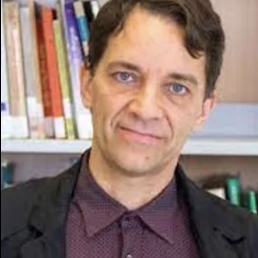
Paolo Santi, PhD
MIT Senseable City Lab
Dr. Santi is Research Scientist at MIT Senseable City Lab where he leads the MIT/Fraunhofer Ambient Mobility initiative, and a Senior Research at the Istituto di Informatica e Telematica, CNR, Pisa.
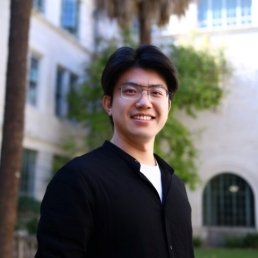
Huihai Wang, MA, BS
Community and Regional Planning program
University of Texas at Austin
Huihai Wang is a PhD Student in the Community and Regional Planning (CRP) program at the University of Texas at Austin with a concentration in robotics, computer vision and deep learning in transportation and built environment evaluation. Huihai’s research involves integration of computer vision algorithms and autonomous robotics in urban built environment evaluation and mapping, as well as location encoding and scene recognition on traffic flow and traffic behavior study.
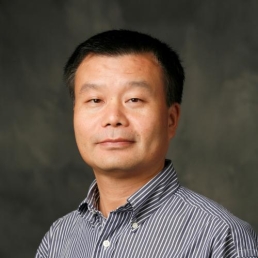
Ming Zhang, PhD
Program Director, Community and Regional Planning
School of Architecture, University of Texas at Austin
Dr. Ming Zhang is a Professor and the Program Director of Community and Regional Planning in the School of Architecture at the University of Texas at Austin. His research and teaching interests include urban and regional planning (transportation), the relationship between the built environment and travel behavior, economic and equity impacts of transportation investments, and international planning issues. Zhang's recent research has focused on mega-regional transportation issues, Transit-Oriented Development, and high-speed rail and urban spatial development. Dr. Zhang is also the Director of the University Transportation Center (UTC) Cooperative Mobility for Competitive Megaregions (CM2) granted by the U.S. Department of Transportation.
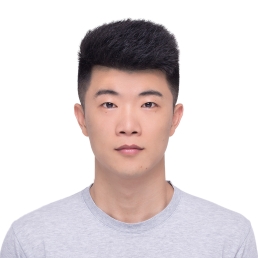
Yiming Xu, PhD
School of Architecture, The University of Texas at Austin
Dr. Yiming Xu is a Postdoctoral Fellow in the School of Architecture at the University of Texas at Austin. His work focuses on developing and applying machine learning methods to tackle challenges in transportation systems. He specializes in trustworthy machine learning and deep learning applications in travel behavior analysis and time series modeling to support urban mobility management and operation.
